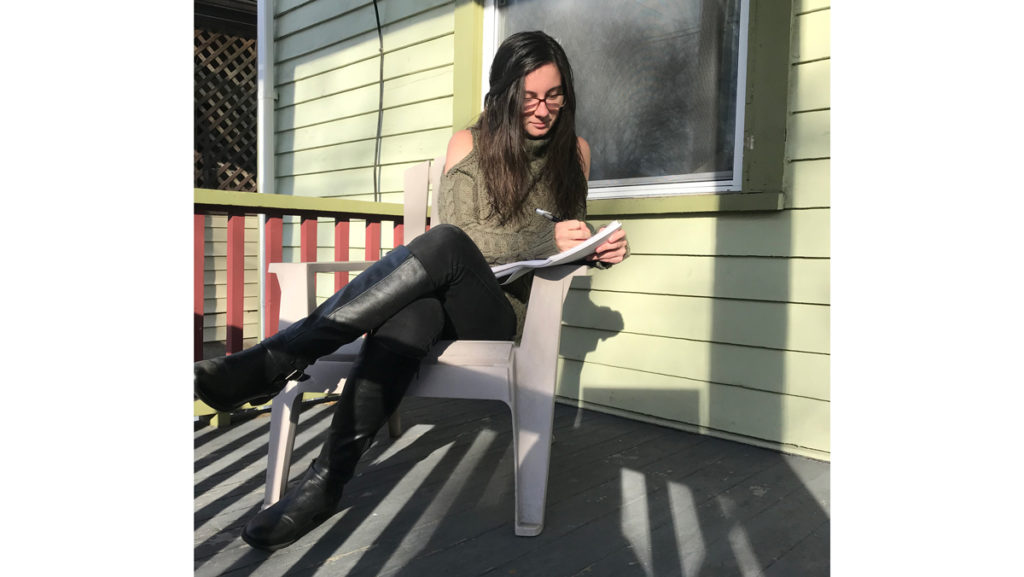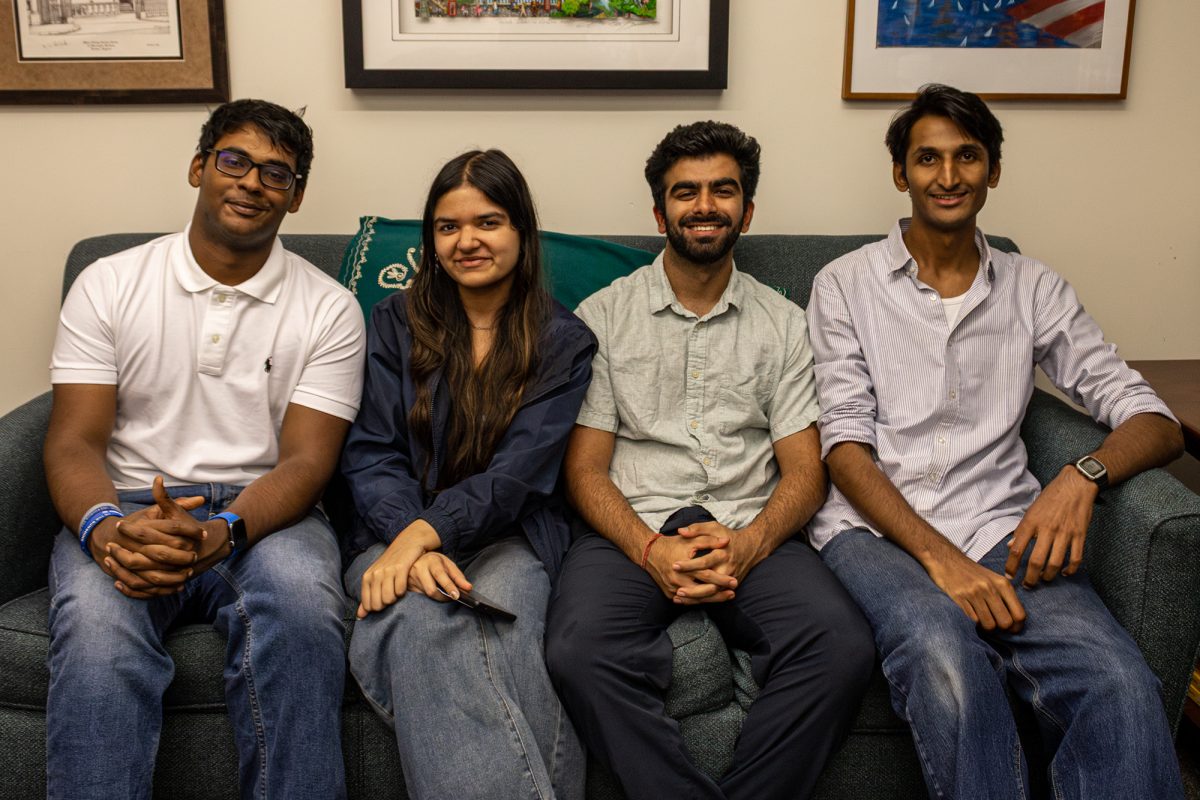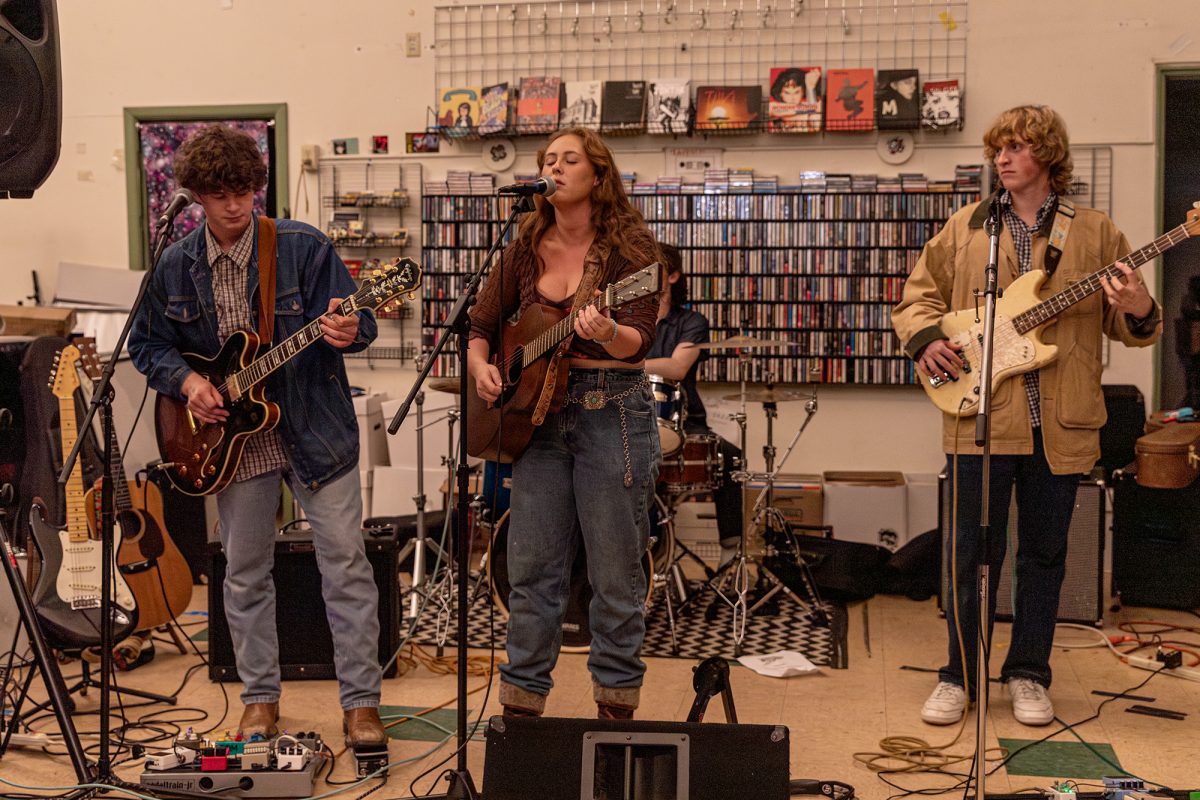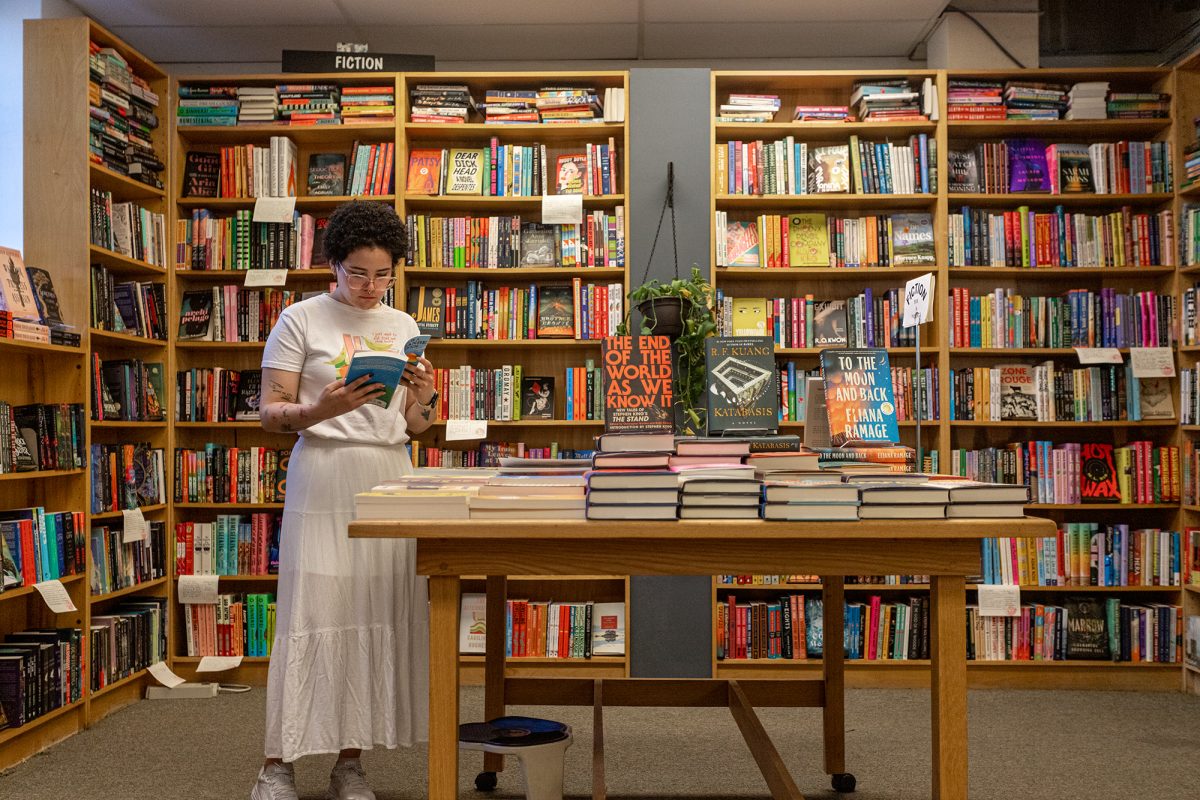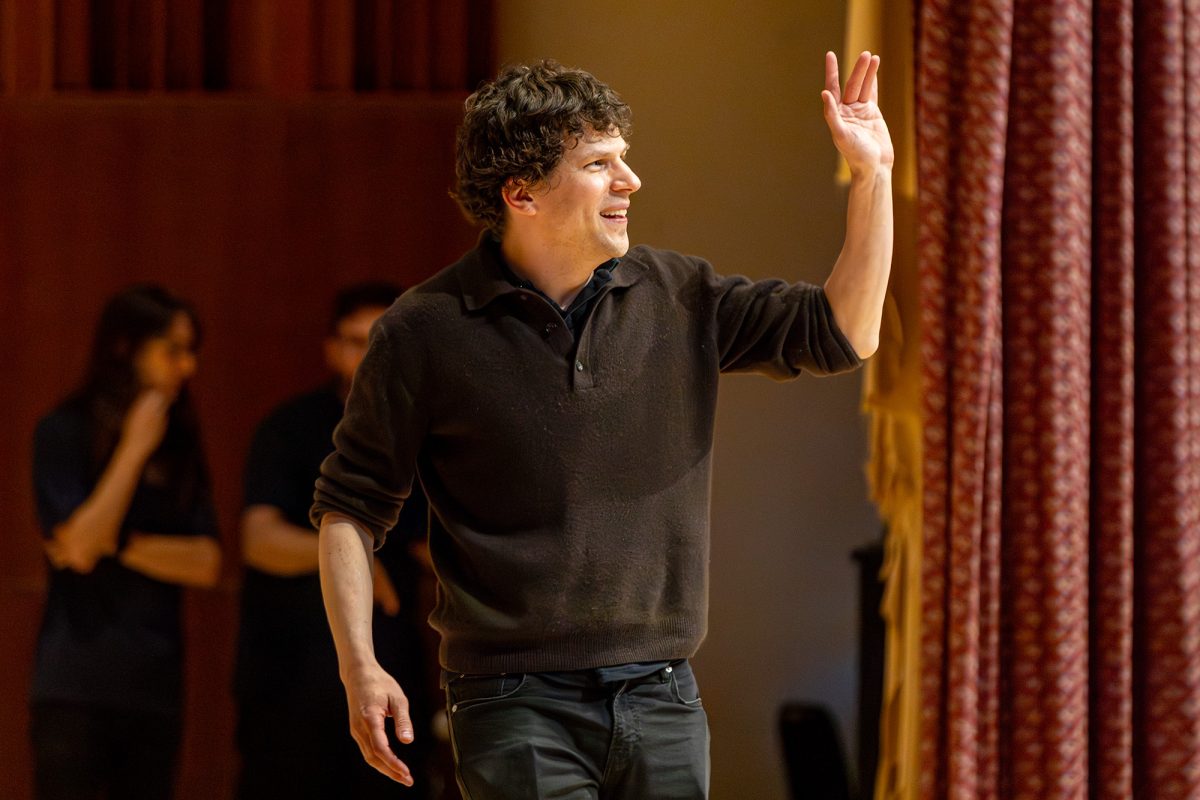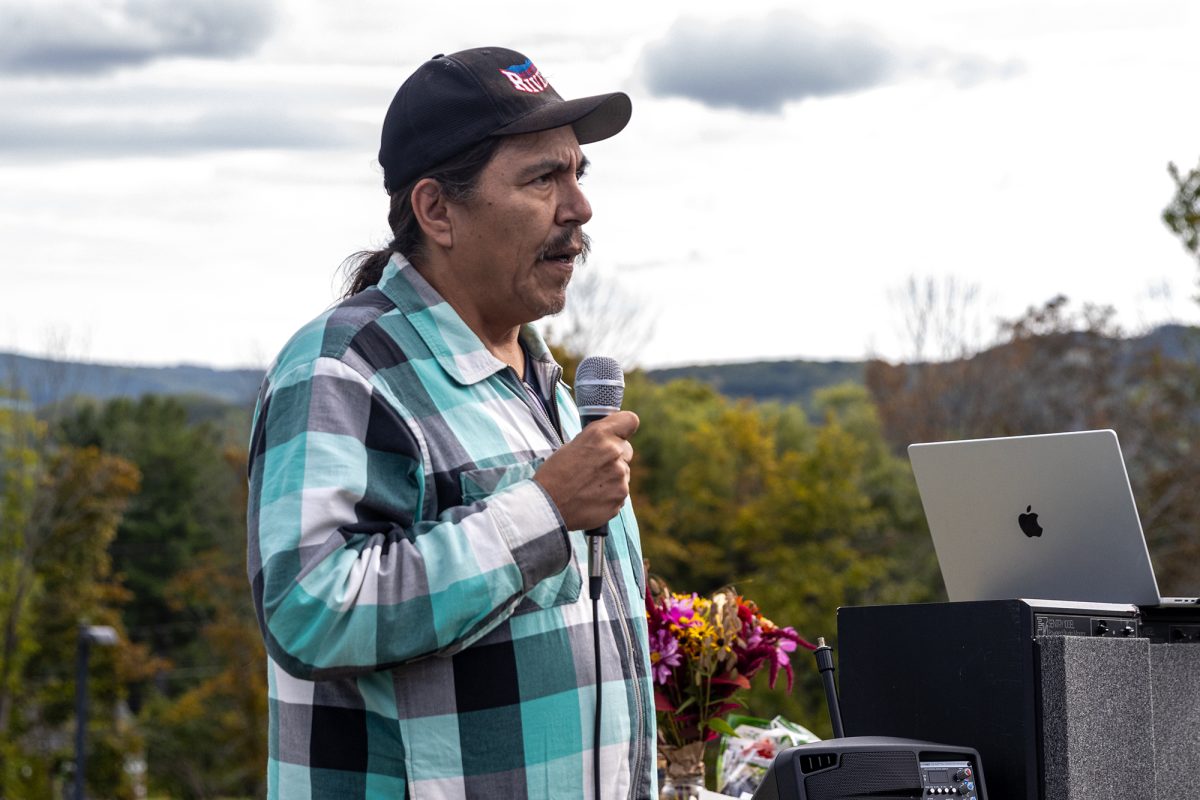Collaboration among writers at Ithaca College is a common way to stay connected. Although classes for writing majors have been online since March, students and faculty in the writing department have found new projects to work on and places to create during the pandemic.
Eric Howd, assistant professor in the Department of Writing, is currently working on a poetry collection called “Universal Monsters,” where he takes classic horror icons like Dracula and Frankenstein’s monster and spins them into modern themes. In one story, Howd said, he imagines that Frankenstein’s monster secretly survives and becomes a gardener.
For every monster in the darkness, there is a brighter side. Howd said he believes a lot of good is going to come out of the pandemic, particularly in the arts. He said he is curious to look at what is being written right now after the pandemic through a new lens.
“I think, in these challenging times that we’re in, the creative arts tend to have spikes,” Howd said. “There’s a lot of outlets and a lot of outpouring of great art, not just writing. Sculpture, painting, photography, music, all of that.”
Student writers like senior Priya Tait have also been working on projects during the pandemic. Tait is a writing and outdoor adventure leadership double major, so she said she decided to combine her writing with her love for the outdoors. She is currently working on a memoir about her monthlong walk across the deserts of Southern California in the first half of Spring 2020.
“I kept a notebook with me that I’d write in every night in my tent before going to bed about the day,” Tait said. “It was going to be this big project about the physical adventure but also the mental aspects of that and what it was like emotionally.”
She said it has been difficult to finish the memoir because she was not able to complete the latter half of the outdoor leadership program online. Tait said her life became stagnant, making it much harder for her to write.
“When I’m not able to move around as much and to go to places and talk to people, my overall motivation for things just kind of diminishes,” Tait said. “I guess it just makes it harder to think about what I’m doing and why I’m doing it when the world just doesn’t make sense.”
In the past, Tait wrote a queer retelling of the myth of Helen of Troy, which was published in the literary magazine Allegheny Review. As someone who identifies as queer, she said she wants to connect more easily with the stories she reads. Tait said she feels that modern representation often revolves around the fact that the characters are queer, not queer characters in larger stories
“I also want stories where the gays get to be pirates or they get to be space explorers, where they get to do everything that we’ve seen the heteronormative stories perform,” Tait said. “So If I can, I want to bring that into the writing I do, and I would like to bring that into more published works. People who have different identities deserve to see themselves in the work that they otherwise really enjoy.”
During the pandemic, writers have been able to share their pieces through virtual events, like the college’s New Voices Festival in April 2020. Usually held in person, the event celebrated emerging writers with newly published books. At the opening reception, the writers read their work to an audience over Zoom.
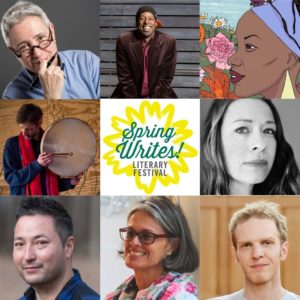
The Spring Writes Festival, taking place online Nov. 18–29, is another opportunity for writers to showcase and share their work. The event was pushed back from earlier this year due to the pandemic. Registration is necessary before attending any of the Zoom events.
Robin Schwartz, program and grant director of the Community Arts Partnership of Tompkins County, the organization hosting the event, said the workshops are free to attend and will feature 12 professors and staff members from the college. There will be 30 events over the course of November and the following months in workshops.
She said that switching to a digital format has made it easier for people from all over the nation to tune in to the writing seminars and panels.
“The interesting thing about this is that there are so many writers,” Schwartz said. “There’s so much talent in Tompkins County. You don’t have to go very far to find a lot of really cool ideas for this festival.”
This fall, sophomore Chloë Eberhard said she started a collaborative story project with other writers she met on campus before classes went online in Spring 2020.
Eberhard said she gave each of the participating writers one sentence out of context. The writer would then write a short story in approximately 300 words based solely on their imagination Eberhard said. When the writer reaches the end of their piece, Eberhard said, they write the first half of their last sentence and leave the ending blank for Eberhard to pass on to the next writer.
Eberhard said the story chain requires intensive individual work and organization in order to keep track of the writers. Eberhard said that although the chain is not yet complete, the project is proving that with little acts of creativity, people may be able to regain a sense of normalcy.
“I was inspired to do this because … my writer’s block was back again, and I always realize that being around other writers helped boost my own creativity,” she said. “I think that [the project] has taught me that a story can become so much better with more minds because you see just how much every different person brings.”



